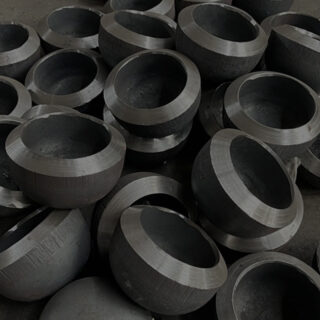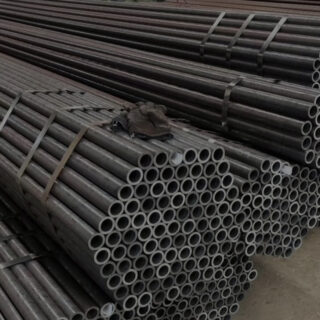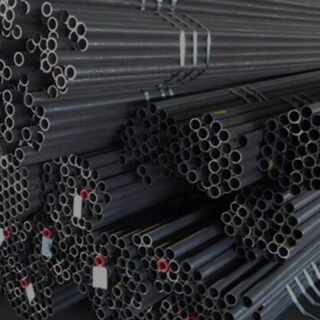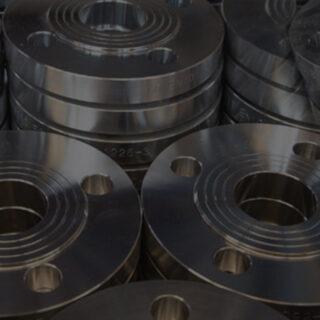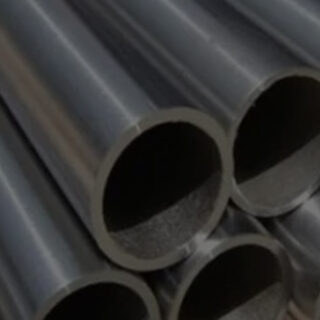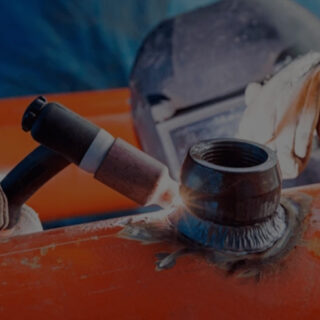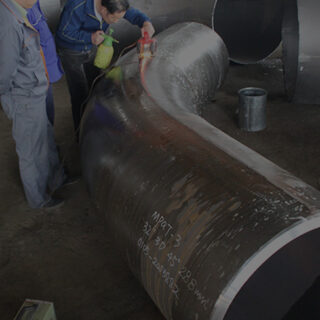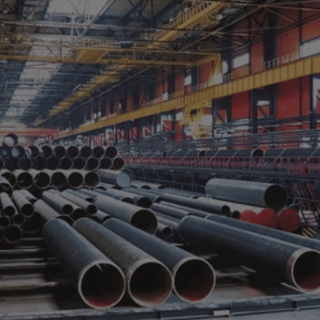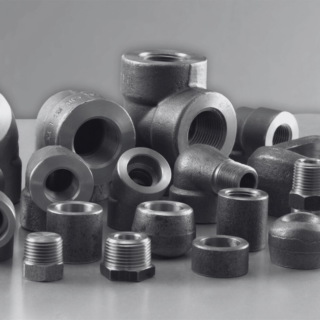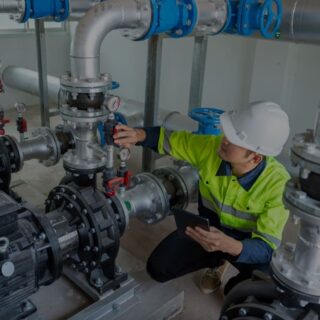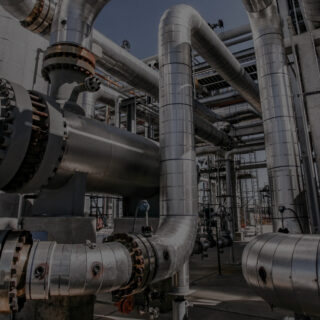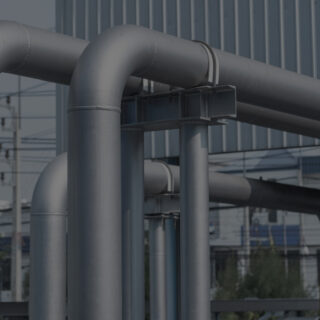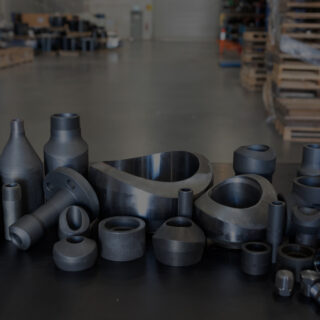
In the world of industrial operations, the unsung heroes are often the pipes and tubes that transport essential fluids, gases, and even solids. Choosing the right material for these components is critical for ensuring efficiency, safety, and longevity. Let’s delve into the top choices for industrial pipes and tubes, each with unique strengths and applications
Material Choices for Industrial Pipes and Tubes
- Stainless Steel Pipe Fittings : Stainless steel pipe fittings are renowned for their corrosion resistance, making them ideal for environments where exposure to chemicals or harsh weather is a concern. This material's durability and hygiene properties also make it a favorite in the food processing and pharmaceutical industries. With various grades available, including 304 and 316, stainless steel fittings offer flexibility for different applications.
- Carbon Steel Tube : Carbon steel tube is a workhorse in the industrial sector, known for its strength, affordability, and wide availability. It's commonly used in structural applications, pressure vessels, and pipelines for transporting oil and gas. While susceptible to corrosion, various coatings and treatments can enhance its longevity in challenging environments.
- Alloy Steel Pipes and Tubes : For applications that demand greater strength, heat resistance, or specific performance properties, alloy steel seamless pipes and tubes are the answer. By adding elements like chromium, molybdenum, nickel, or manganese to carbon steel, the resulting alloy steels can be tailored to resist corrosion, withstand extreme temperatures, or offer superior mechanical properties. Alloy steel pipes are often found in high-pressure systems, power generation plants, refineries, and other demanding industrial environments where standard carbon steel might fall short.
- Duplex Steel Pipe : For extreme environments where corrosion is a constant threat, duplex steel pipe shines. This alloy combines the best of austenitic and ferritic stainless steels, offering exceptional strength, corrosion resistance, and weldability. Duplex steel is often used in offshore platforms, chemical processing plants, and desalination facilities
Factors Influencing Material Choice for Industrial Pipes and Tubes
- Environmental Conditions : The operating environment significantly impacts material selection. Pipes and tubes exposed to harsh outdoor conditions require materials with robust resistance to corrosion, UV degradation, and thermal cycling. Even indoor environments can pose challenges like humidity, chemical exposure, and temperature fluctuations, necessitating materials with suitable chemical resistance and thermal stability.
- Cost Considerations : Cost is a critical factor in any industrial project. While high-performance materials like exotic alloys or specialty plastics offer exceptional properties, their higher price point may not be justifiable for all applications. Balancing performance requirements with budget constraints often involves trade-offs. Opting for a more affordable material with appropriate coatings or liners can sometimes provide a cost-effective solution while ensuring adequate service life.
- Regulatory and Safety Requirements : Industrial operations must adhere to stringent safety and regulatory standards. These standards often dictate specific material requirements for pipes and tubes based on factors like pressure ratings, fire resistance, chemical compatibility, and environmental impact. Non-compliance can lead to safety hazards, environmental damage, and legal repercussions. Therefore, understanding and adhering to these regulations is paramount in material selection.
- Specific Application Needs : The intended application often dictates unique material requirements. For instance, pipes conveying potable water or pharmaceuticals necessitate materials that meet stringent hygiene standards and do not leach harmful substances. High-temperature or high-pressure applications might require specialized alloys designed for those extreme conditions. Understanding the specific demands of the application ensures the chosen material can reliably perform its intended function

By carefully considering these factors, engineers and project managers can make informed decisions about material selection for industrial pipes and tubes, ensuring optimal performance, safety, compliance, and cost-effectiveness throughout the system’s lifecycle
Citizen Pipe Fittings: Your Partner in Industrial Solutions
At Citizen Pipe Fittings, we understand the importance of choosing the right materials for your industrial applications. Our extensive range of high-quality pipes, tubes, and fittings caters to diverse needs across various industries. Contact us today to discuss your requirements and discover the ideal solutions for your projects
Contact sales@citizenpipefittings.com to consult with our team at Citizen Pipe Fittings for advice on industrial pipes and tubes and choosing the right components for your project


















